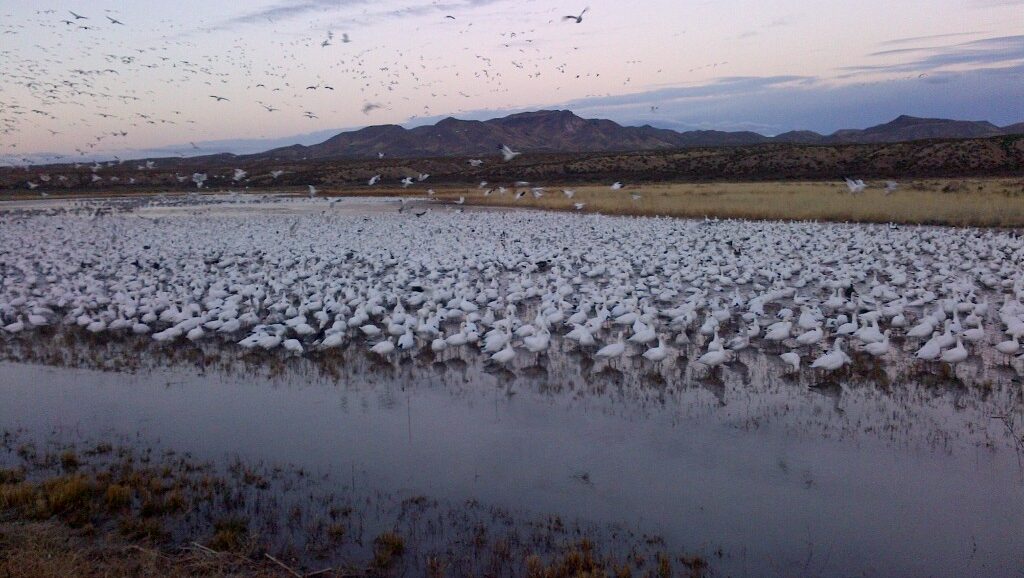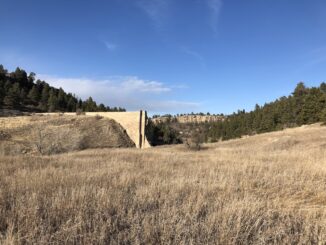
The jury is in: nature nurtures the soul, and the closer you live to natural areas, the better.
That is the conclusion of a new study now published in the journal Nature Cities. The landmark study is the first to link the incidence of a variety of mental health problems to the presence or absence of biodiverse natural settings near crowded cities.
The researchers behind the study say their findings are conclusive: bringing nature closer to people, or people closer to nature, is a cheap and effective way of combating depression, anxiety, and other chronic mental health disorders.
In other words, protecting and expanding the world’s biodiversity is good for both the natural world and humanity.
“Lowering traveling costs by establishing new, highly biodiverse recreation-permitted protected areas near cities would be a nature-based mental health intervention with potential to benefit biodiversity and urban residents’ health,” they concluded.
Led by the China University of Geosciences, researchers from China, Singapore, and the Netherlands gathered data on the cost of traveling to nature preserves from more than 9,000 cities around the world with populations of 50,000 people or greater.
They acknowledged that proving a definitive link between nature experiences and greater mental health is difficult, though they cited the increasingly abundant research data that shows exposure to nature does improve people’s mental health states. From here, they were able to show that “happiest” cities were found either close to natural areas or close enough so that travel to these natural oases was affordable for the average person.
They found that the cities ranking high in access to nature and generally good mental health were concentrated in Oceania (Australia and New Zealand), Europe, and North America. Urban centers in these regions “exhibited high accessibility, with approximately 85% of cities being able to reach the nearest biodiverse-rich recreational within 15 minutes” they wrote.
They say their findings are clear—people are happier when they live closer to nature and have more opportunities to affordably experience and enjoy abundant biodiversity.
“Highly biodiverse recreational areas have the potential to generate substantial mental health disease burden reduction benefits if made accessible to urban residents,” they concluded.
The lesson is clear: The world needs more protected lands and waters and greater biodiversity to both heal fragile ecosystems and to help combat a growing global mental health crisis.
Nations that are signed on to a United Nations biodiversity treaty have pledged to extend biodiversity protections to 30% of land and 30% of the world’s oceans by 2030.
Few think the world will achieve this goal over the next five years, but several nations have already made announcements to aggressively expand the number or size of protected public land and marine parks. For instance, France made such a pledge in the lead-up to its hosting of the most recent Summer Olympic Games.
In the United States, the trend is in the opposite direction as the Trump administration moves to invite private mineral interests into public lands in the pursuit of private profits. There is also concern that Trump may direct his agencies to sell off tracts of federally protected lands to state or private interests.
Losing more of the nation’s patchwork of protected natural areas would not make America great again; rather, it would make the nation poor, less happy, and less mentally fit, as this new study now conclusively shows.
The scientists behind this new research are calling for greater public awareness of the health benefits of nature and biodiversity and stronger public policies that aim to expand (not contract) the availability of and access to the world’s natural heritage.
“Breaking the divide between public health and biodiversity conservation efforts could help correct the currently highly insufficient allocation of resources for conservation in a way that better reflects the contributions that biodiversity makes to people.”



